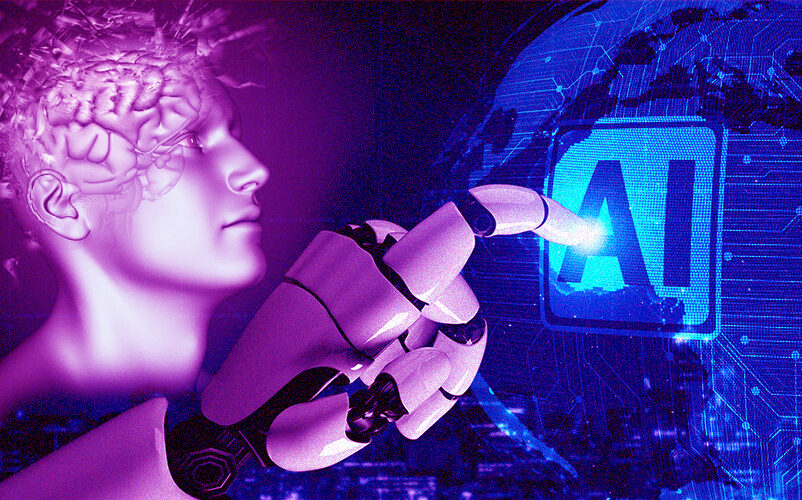
Introduction:
As we head towards an increasingly automated workforce, Artificial Intelligence (AI) is becoming more prevalent in the job market. AI-powered tools are now being used to automate mundane tasks, and recruiters are leveraging AI algorithms to screen, identify, and even predict the performance of candidates. While AI-driven hiring offers many benefits, it also poses several challenges that need to be carefully considered.
This article will explore the opportunities and challenges that AI-driven hiring presents for recruiters, companies, and job seekers. We will also discuss the ethical implications of AI-driven hiring and its potential impact on the job market and the future of work.
Opportunities of AI-Driven Hiring:
AI-driven hiring offers several opportunities for recruiters and companies. One of the primary advantages of using AI algorithms is that it can help recruiters identify the most suitable candidates for a particular job. AI algorithms can quickly sift through vast amounts of data and analyze candidate profiles, identifying the most qualified candidates based on specific criteria. This process saves recruiters valuable time and resources and enables them to focus on more complex tasks such as candidate interviews.
AI-driven hiring can also help eliminate unconscious bias in the recruitment process. AI algorithms can be programmed to eliminate certain biases in the screening process, such as gender or racial bias, which can lead to more diverse and inclusive hiring practices. This can help companies build a more diverse workforce, which has been shown to improve organizational performance and innovation.
Challenges of AI-Driven Hiring:
While AI-driven hiring offers many benefits, it also poses several challenges. One of the most significant challenges is the potential for algorithmic bias. AI algorithms are only as unbiased as the data they are trained on. If the training data contains biased information, the AI algorithm will replicate those biases. This can lead to unfair recruitment practices and a lack of diversity in the hiring process.
Another significant challenge of AI-driven hiring is the potential for job losses. As more companies adopt AI-powered tools, there is a risk that human recruiters could be replaced by machines, leading to job losses in the recruitment industry. This could lead to a decrease in job security and economic instability.
Ethical Implications of AI-Driven Hiring:
The ethical implications of AI-driven hiring must also be considered. AI algorithms can devalue human labor by making it easier for companies to hire machines over people. This can lead to a decrease in wages and job security, as well as a decrease in job satisfaction. Additionally, the use of AI algorithms in recruitment can lead to a lack of transparency in the hiring process. Candidates may not be able to understand why they were rejected, leading to a feeling of injustice.
The potential for AI-driven hiring to perpetuate biases in the recruitment process is also a significant ethical concern. If AI algorithms are trained on biased data, they may replicate those biases in the recruitment process, leading to unfair hiring practices and a lack of diversity in the workforce.
Future of Work:
AI-driven hiring is shaping the future of work, and it is important to consider the long-term implications of this trend. While AI-powered tools have the potential to revolutionize the recruitment process, it is important to ensure that they are used ethically and responsibly. Companies must strive to maintain transparency in the hiring process and avoid using AI algorithms to perpetuate biases.
Conclusion:
AI-driven hiring is a trend that is here to stay, and it offers many opportunities for recruiters, companies, and job seekers. AI algorithms can help identify the most suitable candidates for a job and eliminate unconscious biases in the recruitment process. However, there are also challenges associated with AI-driven hiring, such as algorithmic bias and the potential for job losses.
The ethical implications of AI-driven hiring must also be considered. Companies must strive to ensure that AI-driven hiring is used ethically



